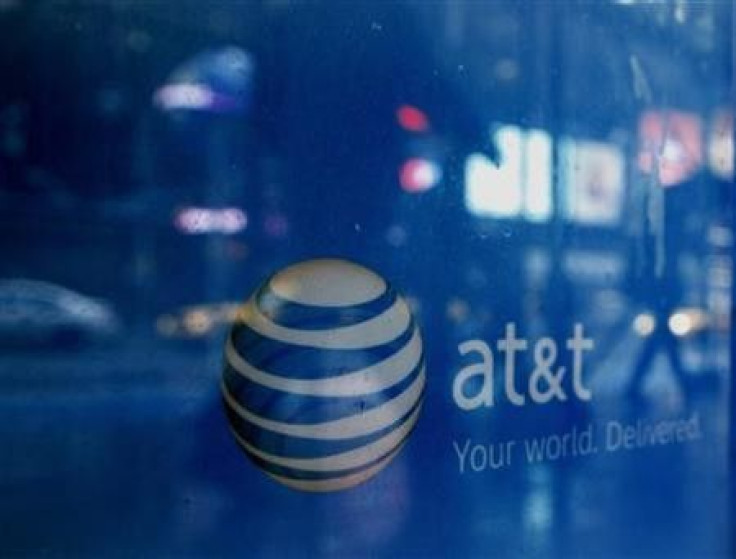AT&T, T-Mobile Merger Debate Centers on Jobs

The fight over the AT&T/T-Mobile merger is heating up, and the argument is focused on America's top concern: jobs.
In order to garner support for the $39 billion merger, AT&T has frequently argued that the deal would create jobs. Then on Tuesday, the Communication Workers of America, the largest union in the telecommunications industry, released a study claiming that up to 96,000 jobs would be created if the merger took place.
The union pointed to AT&T's commitment to spend $8 billion over a seven-year period to extend 4G service to 97 percent of the U.S. population, which would lead to job growth. Also, the union pointed that no call center workers for AT&T or T-Mobile will lose their jobs because of the merger.
But not everyone agrees. In August, David Neumark, the Director of the Center for Economics and Public Policy at University of California at Irvine, wrote a paper challenging AT&T's claims. Neumark called AT&T's claims of increasing capital expenditures is completely unfounded. Furthermore, he pointed out that with previous AT&T mergers, jobs were cut, and based on history, Neumark doesn't expect this merger to be any different.
Neumark's study was commissioned by rival Sprint, a vocal critic of the merger. In a statement given to the International Business Times on Tuesday, Sprint expressed its displeasure with CWA's study.
CWA's claims are not only beside the point but, more importantly, they are inaccurate, the statement said.
The federal government isn't so keen on AT&T's jobs claims either. When announcing the lawsuit against the merger in August, Deputy Attorney General James Cole said that blocking the merger will help protect jobs and this economy.
Why all the focus on jobs? After all, whether a merger creates or cuts jobs shouldn't determine the Justice Department's decision about a merger, New York University Finance professor Anthony Marciano told the IBTimes. Rather, the focus should be on whether a merger still allows for fair competition.
But Marciano pointed out that in this economy, it may be politically toxic to approve of a merger that would lead to significant job cuts. He noted that the Obama administration may be more sympathetic to the argument over job creation than the Bush team may be.
In this economy, all bets are off, he said.
AT&T is well aware of the politics of job creation. In addition to the 96,000 new jobs claim, CEO Randall Stephenson has said that if the merger was approved, the company would bring 5,000 offshore call-center jobs back to the United States. He said he hopes this move would help convince the Justice Department to approve of the merger.
But public interest group Public Knowledge isn't so convinced of AT&T's promises.
AT&T's commitments are worth the piece of paper they're written on, co-founder Gigi Sohn told Politico.AT&T has a long history of not living up to merger commitments and paying their way out of it.
© Copyright IBTimes 2024. All rights reserved.











